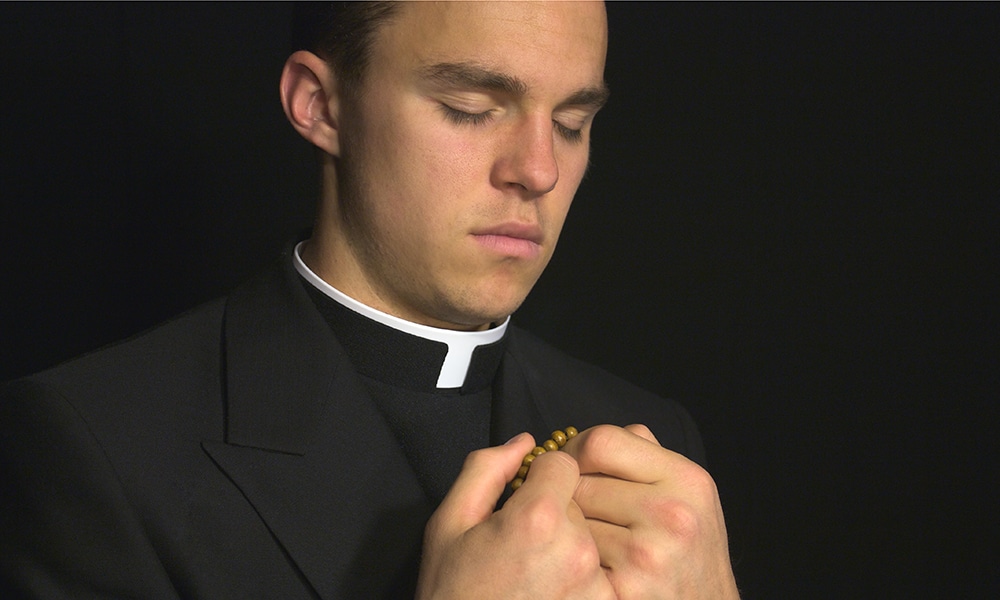 Across our oversexualized culture, we see the continued fallout of the sexual revolution. It’s not exactly breaking news: the epidemic of sexually transmitted diseases, the breakdown of the family and the vocal pushback against the objectification and sexual abuse of women from both the #MeToo and #TimesUp campaigns.
Across our oversexualized culture, we see the continued fallout of the sexual revolution. It’s not exactly breaking news: the epidemic of sexually transmitted diseases, the breakdown of the family and the vocal pushback against the objectification and sexual abuse of women from both the #MeToo and #TimesUp campaigns.
That said, what is more troubling is the ongoing failure to connect the dots. There is now even more evidence affirming the truth in Blessed Pope Paul VI’s encyclical Humanae Vitae. That truth, however, is still being ignored by Christians and, more precisely, Christian women.
One startling example comes from Patrina Mosley of the Family Research Council. “Women and pornography” are not words we’re used to reading in the same sentence, since pornography has been considered mainly a man’s issue, but a recent report from the FRC shows that’s no longer the case:
“Unfortunately, times have changed. Today, more and more women are indulging in ‘adult’ entertainment, unaware of the devastating damage that it does to mind, body, and soul.”
As Mosley, who serves as the FRC’s director of life, culture and women’s advocacy explains, the numbers are rising across all age groups and belief systems, with Christian women showing up more frequently in the statistics.
Here are a few of the alarming findings from FRC’s “Women and Pornography” report:
“More than half of women 25 and under seek out porn and one-third seek it out at least monthly.
“About 1 in 5 women use the internet for sexual purposes habitually — every week.
“25 percent of married women say they watch porn at least once a month.
“A survey of more than 11,000 college-age women revealed that more than half were exposed to sexually explicit material by the age of 14.
“According to one study, 15 percent of Christian women view pornography at least once a month, which is about one-half of the national average.”
This is hardly coincidental. We’re marking the 50th anniversary of Humanae Vitae this month. But despite the mounting evidence, mention of the encyclical or Church’s teachings on sexuality and the dignity of women is met, even by many in the Church, with not just rolling of eyes but fierce resistance. The sexual revolution has failed all of us, with women, as Paul VI stressed, among those who suffer the most.
I remember the first time I read Humanae Vitae. I was in my early 30s and had just returned to the Church. Having been greatly misled by the lies of radical feminism, I was open to see what the Church had to say about the issues with which I had struggled. Years later, I return to it every time I see a story about the Harvey Weinsteins of the world or alarming reports from solid pro-family organizations, such as the FRC. With the latest study in mind, one line from the encyclical stands out:
“Another effect that gives cause for alarm is that a man who grows accustomed to the use of contraceptive methods may forget the reverence due to a woman, and, disregarding her physical and emotional equilibrium, reduce her to being a mere instrument for the satisfaction of his own desires, no longer considering her as his partner whom he should surround with care and affection” (No. 17).
What part of “reduce her to being a mere instrument” don’t we as a society understand? Given the state of the culture, it will likely take more than another 50 years for us to get a clue.







